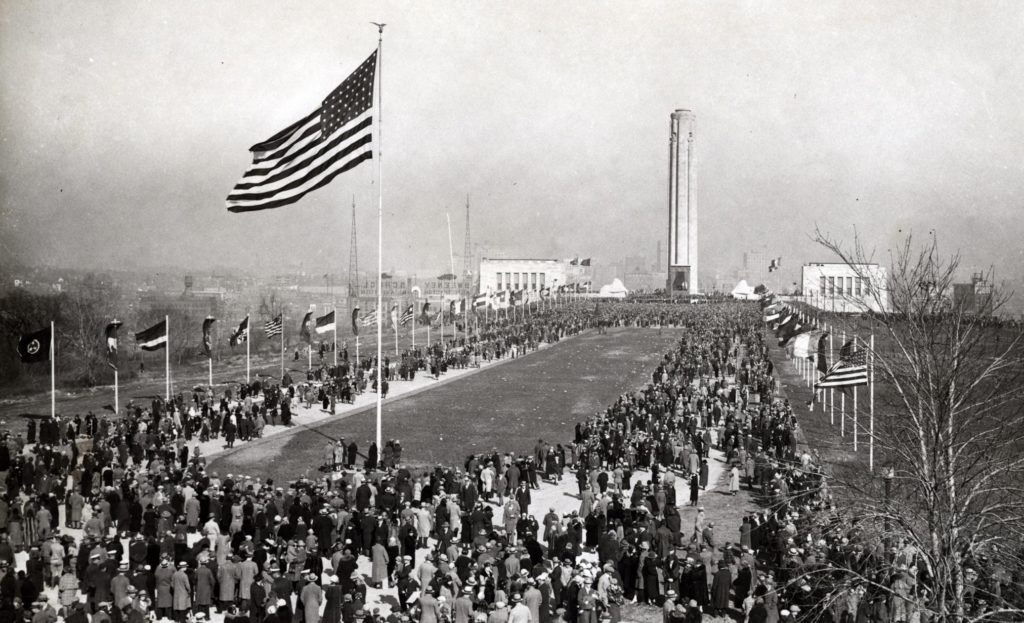
2018 ends a year of worldwide chaos: earthquakes, tsunamis, fires, forced migrations, political unrest, economic turmoil. Such chaos is most vividly expressed in armed conflict. At this moment, open fighting continues in Afghanistan, Iraq, Syria, Ukraine, Yemen, Mexico, Central African Republic, Democratic Republic of the Congo, and more. Less overt fighting smolders on throughout the world, including such African nations as Cote d’Ivoire, Guinea, Liberia, Nigeria, Sierra Leone, Togo, Eritrea, Ethiopia, Somalia, Sudan, and Uganda.
Who is suffering most as a result? Reputable analysis concludes that 74 to 90 percent of modern wars deaths are civilians. In the Iraq war, figures from 2003 to 2013 indicate that of 174,000 casualties only 39,900 were combatants. Who were these 134,100 civilians? Mainly women and their children. What caused their deaths? Usually famine and infectious disease.
Of course, human conflict expressed via warfare has afflicted human kind for millennia. Last week some of us celebrated the birth of Christ, widely identified as the Prince of Peace. He was born in abject poverty into a nation under military siege. His parents were forced to travel when Mary’s contractions began. And immediately thereafter, under threat of violence, his family was compelled to flee to another nation.
At the conclusion of The Great War, 1914-18, the above magnificent monument was erected in Kansas City to mark the end of The War to End All Wars. We all know how that expectation has continually been dashed. Given the pattern of humankind, The End of War, appears utterly beyond our capacity. In light of this observation, these words of the Prince of Peace recorded in Luke 6:27-31 bear special significance:
I say to you who hear, Love your enemies, do good to those who hate you, bless those who curse you, pray for those who abuse you. To one who strikes you on the cheek, offer the other also, and from one who takes away your cloak do not withhold your tunic either. Give to everyone who begs from you, and from one who takes away your goods do not demand them back. And as you wish that others would do to you, do so to them.
Peacemaking is laudable, at times successful, and fully worthy of our advocation. May our peacemaking be accompanied by genuine intentions, humility, and generosity – as modeled by the Prince of Peace.
